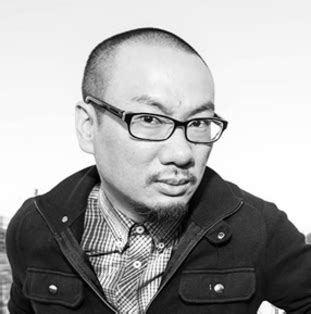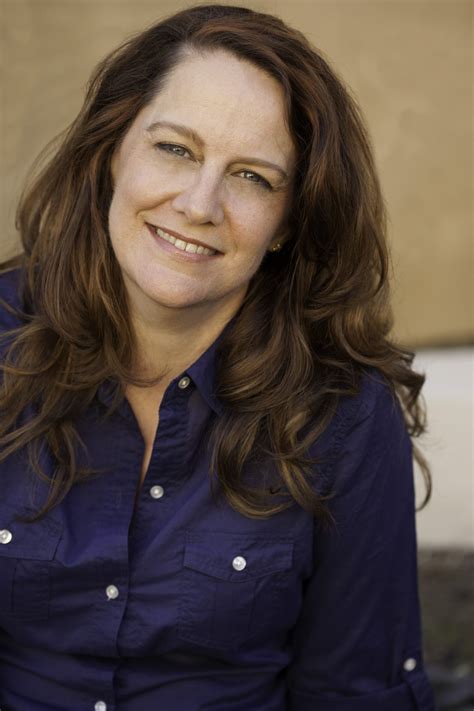A Quote by Bao Phi
There is no one who can stop you; you find a mic, a crowd, a set of ears, and nowadays, a camera and YouTube, and you recite your poem. You have your say. I don't want to over-romanticize it: of course, any time an art form ascends, especially when competition is involved, there will be gatekeeping, chauvinism, and other unfortunate dynamics. But the beauty of spoken word and performance poetry is, by and large, its ability to reach people in the moment - right there, right then.
Related Quotes
And treating poetry as a performing art emphasizes its ephemerality. A printed poem can be endlessly reprinted, photocopied, scanned, uploaded, cut and pasted - but a performance, even if somebody's there with a video camera, is one time only: the audience experiences something that won't exist when the performance is over, and which won't ever be reproduced in exactly the same form. I find that appealing.
I think you can perform any poem. But what I believe is that the best examples of spoken word poetry I've ever seen, are spoken word poems that, when you see them, you're aware of the fact they need to be performed. That there's something about that poem that you would not be able to understand if you were just reading it on a piece of paper.
Don't hang a dismal picture on the wall, and do not daub with sables and glooms in your conversation. Don't be a cynic and disconsolate preacher. Don't bewail and bemoan. Omit the negative propositions. Nerve us with incessant affirmatives. Don't waste yourself in rejection, nor bark against the bad, but chant the beauty of the good. When that is spoken which has a right to be spoken, the chatter and the criticism will stop. Set down nothing that will not help somebody.
Film, television, and working with a camera is such an intimate art form that if a camera is right on you, and I've got your face filling the screen, you have to be real. If you do anything that is fake, you're not going to get away with it, because the camera is right there, and the story is being told in a very real way.
I think it’s very important to live in the present. One of the great things that improvising teaches you is the magic of the moment that you’re in … because when you improvise you’re in right now. You’re not in yesterday or tomorrow—you’re right in the moment. Being in that moment really gives you a perspective of life that you never get at any other time as far as learning about your ego… You have to see your unimportance before you can see your importance and your significance to the world.
Sometimes you meet someone, and they seem great, they seem exactly what you're thinking of for the role, and then you put a camera on them, and they freeze. And other people come to life with the camera on them. I haven't discovered any reliable predictor for that; I think you just have to try it and see what happens. And, you know, sometimes the people who freeze, if you find the right magic word to say to them, you can unlock them.
Some people have views of God that are so broad and flexible that it is inevitable that they will find God wherever they look for him. One hears it said that 'God is the ultimate' or 'God is our better nature' or 'God is the universe.' Of course, like any other word, the word 'God' can be given any meaning we like. If you want to say that 'God is energy,' then you can find God in a lump of coal.
It's pretentious to say, but my art is like a little Zen story, a story with a question mark at the end. People can take from it what they need. If somebody says, "Your art is very funny," I say, "You are totally right." If somebody says, "Your art is very sad," I say, "You are totally right." In Japan they say, "Your art is very Japanese, you even look Japanese.Your great-grandfather was most surely a Japanese man." And I say, "You are totally right."
It might be something as simple as saying the right word to the right person at the right time-and that could change the course of history. You never really know. But the whole thing is to work at the process of being in sync with the universe, so that everything will align at the proper time so that you can deliver that which is your life mission. And that's why we're here as individuals. And then there's our contribution to the collective. It makes a lot of sense, doesn't it?
For me, form is something I locate in the process of writing the poems. What I mean is, I start scribbling, and then try to form the poem - on a typewriter or on my computer - and, by trial and error, try to find the right shape. I just try to keep forming the poem in different ways until it feels right to me.





































